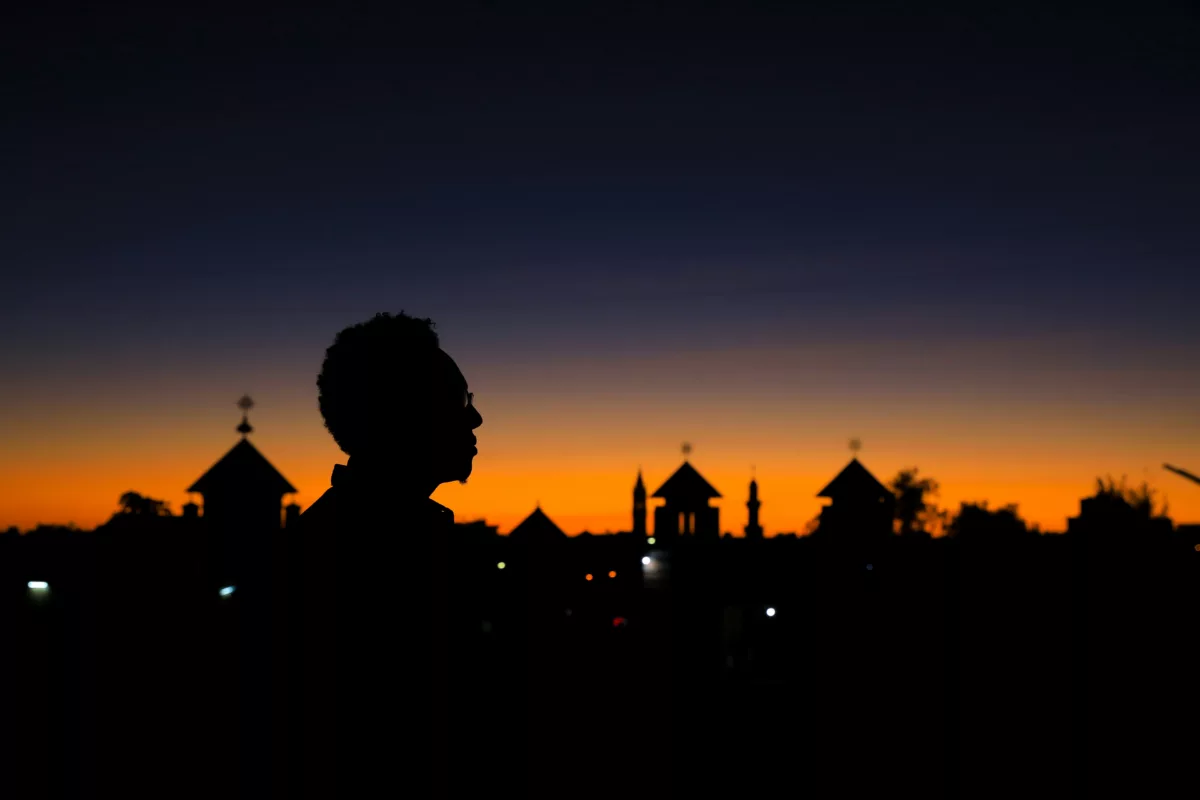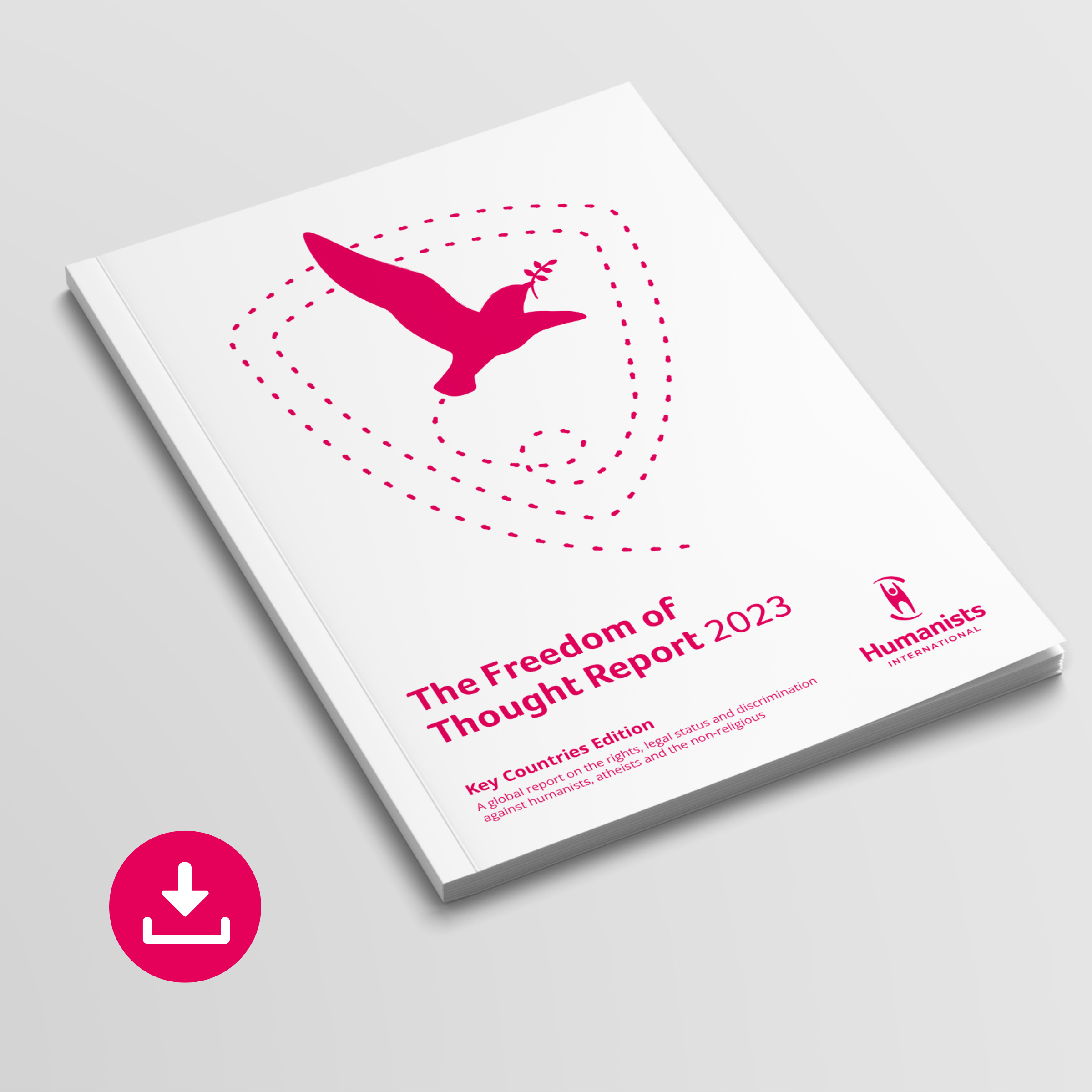
Humanists UK has raised concerns about the persecution of the non-religious in Eritrea at the 56th Session of the UN Human Rights Council, and called for the experiences of the non-religious to be addressed when tackling religious persecution and the right to freedom of religion or belief.
Persecution of the non-religious in Eritrea
The Eritrean Government only officially recognises four religions: Sunni Islam, Eritrean Orthodox Tewahedo, Roman Catholicism, and Lutheranism. While Eritrean law technically prohibits religious discrimination and recognises the right to freedom of belief, Eritrean authorities frequently persecute anyone with beliefs outside of those recognised religions, including the non-religious, Muslims, Christians, and Jehovah’s Witnesses.
Those who do not follow one of the four recognised religions are at risk of discrimination through arbitrary detention and social persecution. However, the persecution of the non-religious was entirely absent from the report delivered to the Council by the Special Rapporteur on the situation of human rights in Eritrea. Also absent from the report was any reference to Eritrea’s blasphemy and apostasy laws.
Read the Freedom of Thought Report’s profile on Eritrea.

Humanists UK drew attention to these absences in an intervention delivered via video by its representative Agnese Tremonti.
Humanists UK said:
‘The Special Rapporteur’s report indicates the persecution of Jehovah’s Witness families who refuse to participate in patriotic ceremonies at school, as well as Eritrea’s non-recognition of the right to conscientious objection, forcing military conscription despite religious or ethical contradiction. The inability to refrain from such activities limits the rights of both religious and non-religious individuals.
‘Further, we wish to draw attention to Eritrea’s blasphemy laws that criminalise the ‘disparaging’ or ‘profaning’ of any religious feelings and mandates up to one year in prison. However, the expression of non-religious views risks being criminalised by such laws that fall short of incitement to hatred, as established by the Rabat Plan of Action. This infringes on the rights to freedom of expression and freedom of religion or belief for the non-religious.’
Notes
For further comment or information, media should contact Humanists UK Director of Public Affairs and Policy Richy Thompson at press@humanists.uk or phone 0203 675 0959.
Read more about our work on repealing blasphemy laws.
Read more about our international work.
Humanists UK is the national charity working on behalf of non-religious people. Powered by over 120,000 members and supporters, we advance free thinking and promote humanism to create a tolerant society where rational thinking and kindness prevail. We provide ceremonies, pastoral care, education, and support services benefitting over a million people every year and our campaigns advance humanist thinking on ethical issues, human rights, and equal treatment for all.
